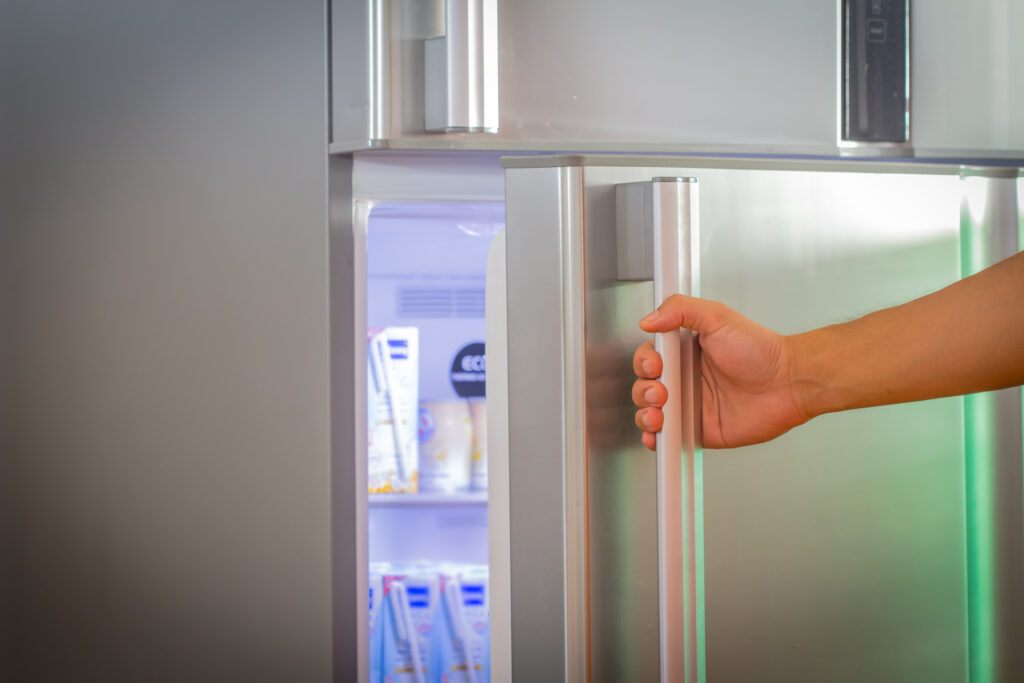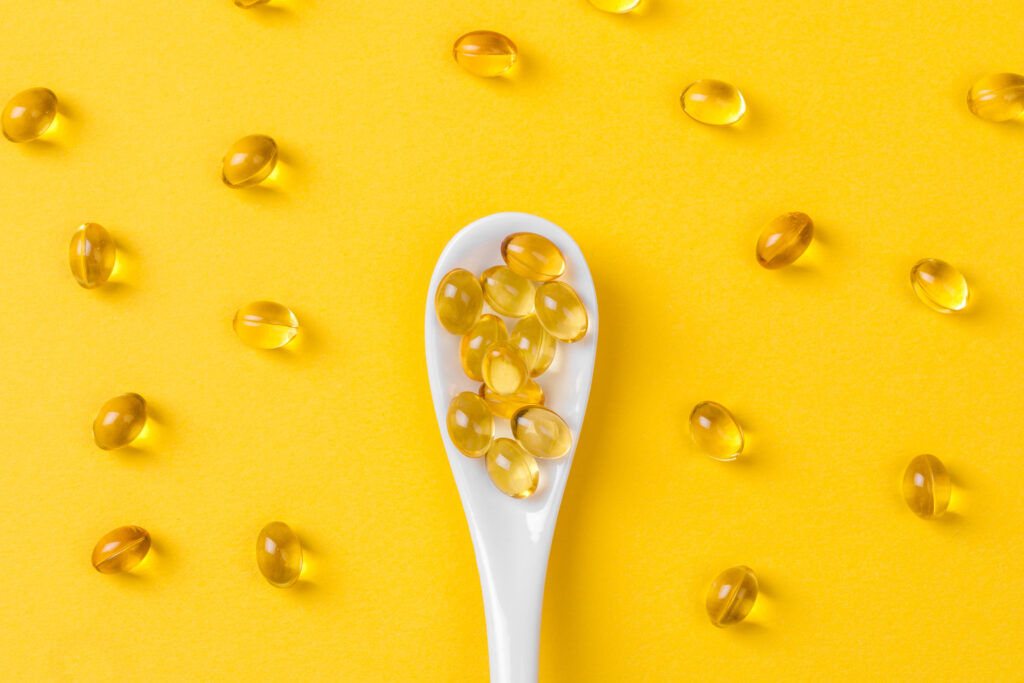Where Can You Safely Keep Your Supplements?

The health supplement industry is booming, but a lack of awareness around proper storage can result in supplements expiring quicker, with a recent study finding that more than one in 10 of all UK fish oil supplements are rancid.
Though expired vitamins are unlikely to become toxic, incorrect storage plays a big part in their effectiveness and longevity. This is important for those that need a specific amount of nutrients each day, such as pregnant women taking folic acid or vegans and vegetarians needing daily B12 supplements.
To help you make sure your supplements are in top condition and elongate their shelf life, the experts at Lifestyle Packaging reveal the most common places you shouldn’t store your vitamins.
Bathroom
Despite being one of the most common places to store medication and supplements, a bathroom medicine cabinet is not the place to keep supplements.
The humidity of showers and baths can quickly deteriorate vitamins and lower their potency, reducing their effectiveness and speeding up their expiration date.
Humidity is not the only factor to consider – fluctuating temperatures can also have an adverse effect on vitamins. So, even if your bathroom has impressive ventilation, it’s still not a great place to store supplements.
Kitchen
While the kitchen may be the heart of the home, it shouldn’t be home to your supplements.
The heat from ovens and hobs in addition to damp conditions and steam created by sinks, kettles and dishwashers makes the kitchen a treacherous environment for storing supplements.
Better to store your vitamins away from the heat of the kitchen to preserve and lengthen their lifespan.
Refrigerator
You’d be forgiven for thinking storing vitamins in a cold place will help conserve them, but putting supplements in the fridge will actually hurt more than it will help.
While some supplements will benefit from being kept in the fridge, such as liquid fish oil and some probiotics, this shouldn’t be a given for all types of dietary supplements.
The fridge is a high-moisture area, and the condensation will degrade most supplements. So, unless the packaging specifically recommends refrigerating the supplement, best to ditch the fridge.
The counter
While leaving supplements out on the counter might seem like a more convenient way to remember to take your vitamins, doing so could reduce their effectiveness.
Leaving supplements on windowsills or countertops can be detrimental to their integrity since exposure to UV light will degrade supplements quicker, even if they’re kept in their original packaging.
Not only does leaving vitamins and medication out in the open leave them vulnerable to degradation, but curious children and pets can also easily get hold of them, spelling disaster.
So, where is the best place to store supplements?
Ideally, you’ll need a cool, dry place with little light exposure. Storing supplements in an out-of-reach opaque container will help protect the integrity of the ingredients, lengthen their lifespan and keep idle hands at bay.
A drawer in your bedside table will make the perfect home for your supplements and is conveniently placed for you to take your vitamins first thing in the morning.
Alternatively, a linen cupboard or a dry basement can be excellent areas for storing vitamins and supplements.







